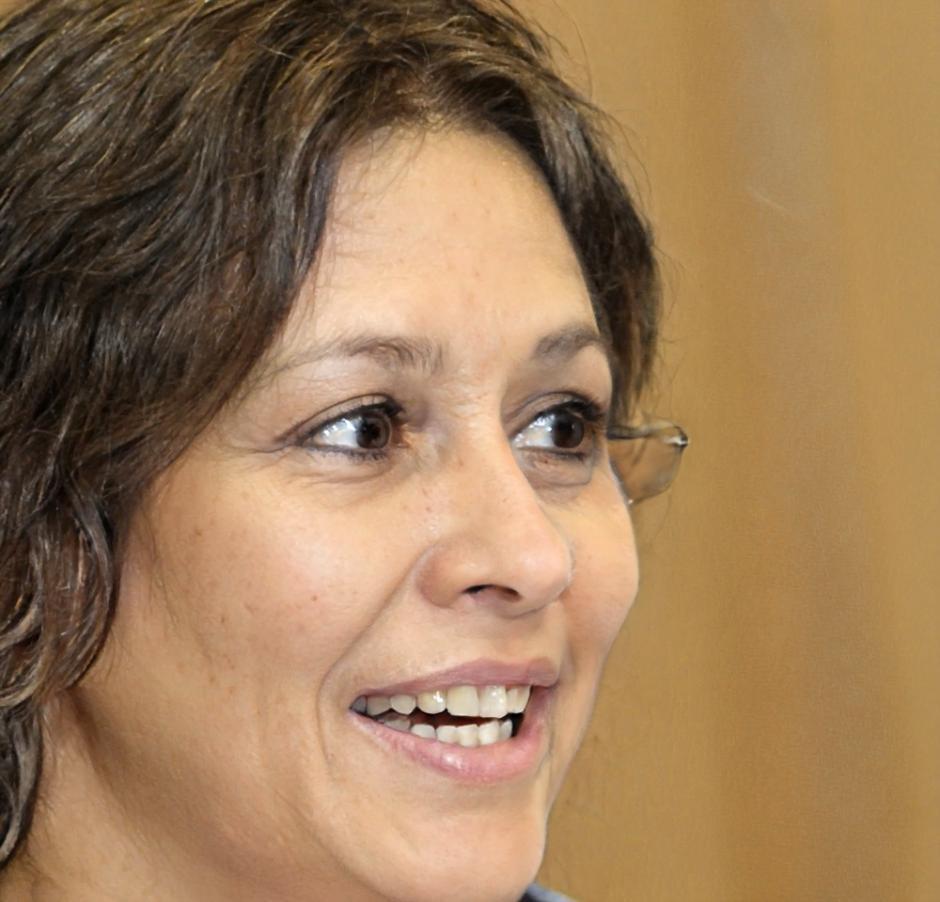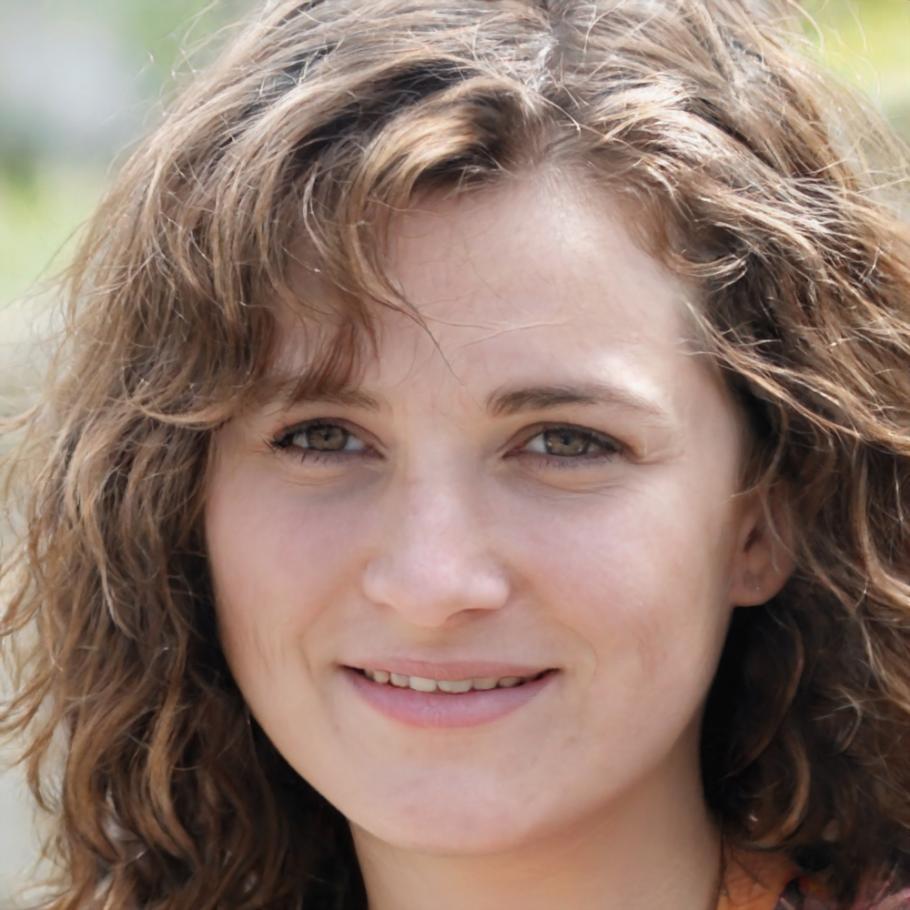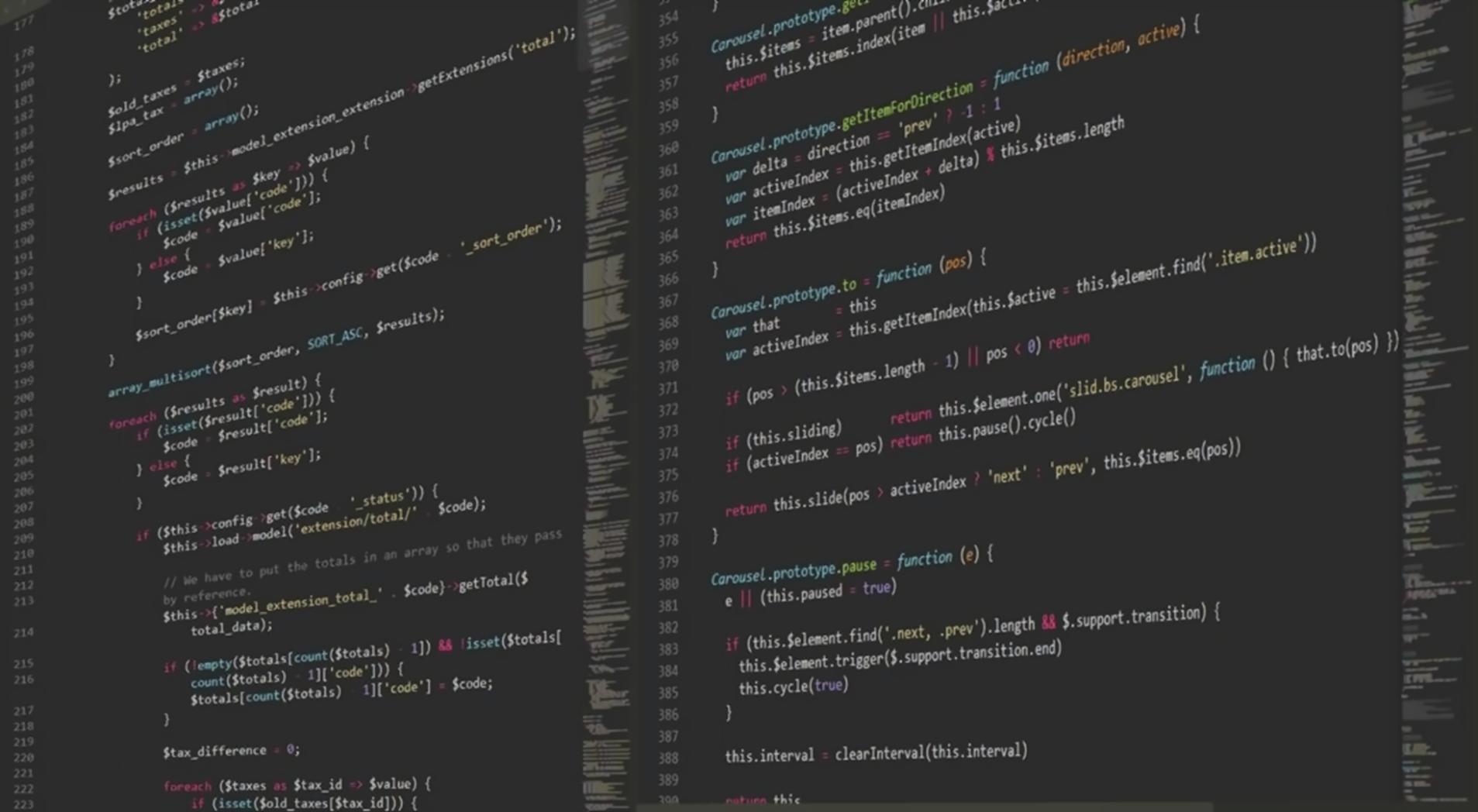Mobile Game Programming Course
Learn to build actual games from scratch. We focus on practical coding skills, game mechanics design, and real project work that prepares you for the industry.
Duration
12 Months
Schedule
Evening Classes
Format
Hybrid Learning
Three Learning Tracks
Pick the path that matches where you are now. Each track builds on different starting points but gets you to the same destination.
Starter Path
Never touched code before? This track starts with fundamentals and moves at a comfortable pace. Most students with zero experience choose this one.
- Programming basics in C#
- Unity engine introduction
- Simple 2D game projects
- Step-by-step guidance
Developer Path
Already know your way around code? We skip the basics and jump straight into game-specific programming concepts and architecture patterns.
- Game systems design
- Advanced Unity features
- Performance optimization
- Portfolio-worthy projects
Professional Path
Working in tech but want to shift to games? This track focuses on industry workflows, team collaboration, and market-ready development.
- Production pipelines
- Monetization strategies
- Cross-platform deployment
- Live ops fundamentals
What You Actually Build
Theory matters, but making games is what sticks. You'll create five complete projects during the program. Each one teaches specific skills and adds to your portfolio. By month six, you're working on your own game concept with instructor feedback.

1 Core Mechanics
Input handling, physics systems, collision detection. You'll build a simple platformer that actually feels good to play.
2 UI and Data
Menus, HUD elements, save systems. Create a puzzle game with progression tracking and player profiles.
3 Mobile Specific
Touch controls, screen sizes, performance constraints. Port your game to Android and iOS.
4 Advanced Systems
AI behaviors, procedural generation, multiplayer basics. Build something more complex and interesting.
5 Your Project
Design and develop your own game. We help with scope, technical challenges, and polish.
Who Teaches This

Linnea Ström
Lead Programming Instructor
Spent eight years building mobile games at studios in Barcelona and Stockholm. Worked on titles that hit top charts in multiple countries. Now teaches because watching someone's first game come together never gets old.

Vesna Kovačević
Technical Mentor
Independent game developer with twelve published titles. Handles the advanced workshops and one-on-one project mentoring. Good at helping students figure out why their code isn't doing what they expected.
Next Cohort Starts July 2026
Classes run Tuesday and Thursday evenings, 6:30 to 9:00 PM, with Saturday morning workshops twice a month. We keep groups small because individual feedback matters. Current cohort has 18 students.
Applications open in March. We review portfolios for the Professional Path, but the other tracks just need a short statement about why you want to learn game development.
Important Dates

